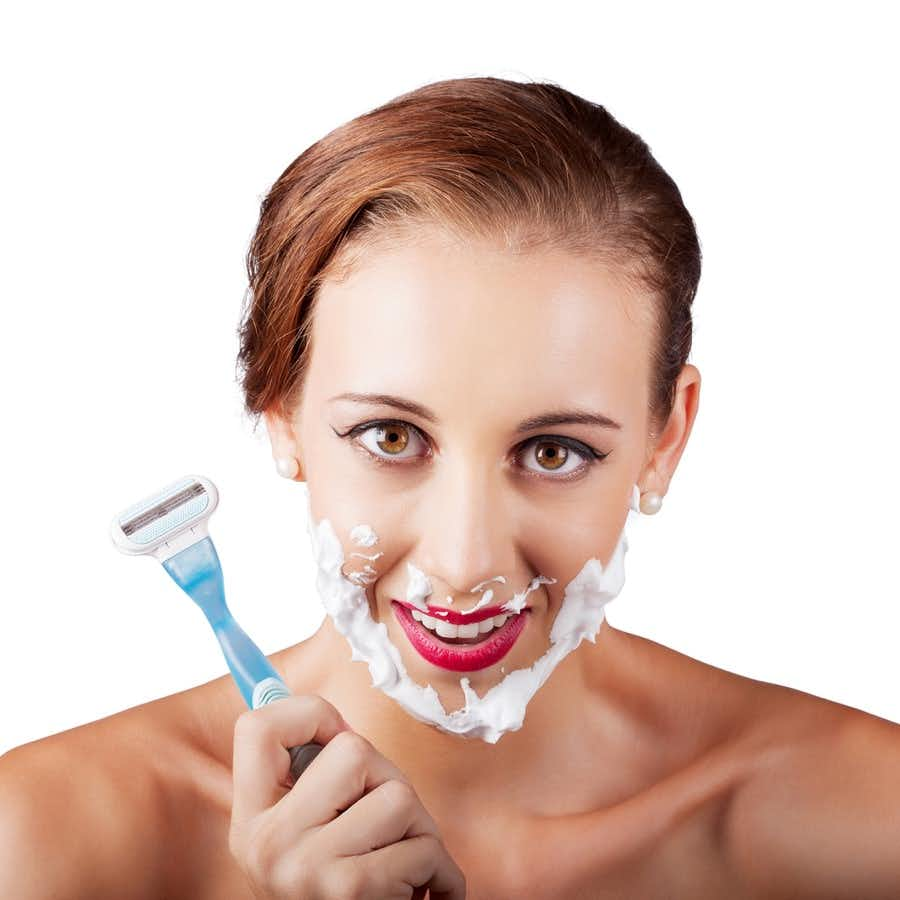
What can you do about unwanted facial hair? Many women struggle with this problem. One reader did some online research, but the results were confusing. Could a supplement help solve this problem?
Zinc for Unwanted Facial Hair:
Q. I am a woman in my 20s and I have a problem with facial hair. In researching this, I read an article suggesting zinc supplementation for controlling hirsutism in women. But I also found some articles that said men can use zinc to grow their beards. I found this confusing. What are your thoughts?
A. Your question sent us to PubMed to check the medical literature. We didn’t find any current studies indicating that men who take zinc grow better beards. However, we were fascinated to find a randomized, double-blind, placebo-controlled study of magnesium, zinc, calcium and vitamin D supplementation (Maktabi et al, Biological Trace Element Research, March 2018). In this trial, 60 women with polycystic ovary syndrome (PCOS), which frequently causes hirsutism, took placebo or a combination of 100 mg magnesium, 4 mg zinc, 400 mg calcium and 200 IU vitamin D for three months. At the end of the study, the women taking the supplements had significantly less facial hair and less inflammation. These doses are quite reasonable, so you might want to try this regimen to see if it helps you.
Previous research had found that when women with PCOS took 50 mg of elemental zinc daily for two months, they had more hair on their heads and less on their faces than women taking a placebo (Jamilian et al, Biological Trace Element Research, April 2016). However, all the women had similar hormone levels and inflammation biomarkers.
Zinc supplements may boost immune function. Some people are enthusiastic about the ability of zinc supplements to reverse foot odor as well.
Side Effects of Zinc:
Before undertaking long-term zinc supplementation, check with your physician. Excessive zinc can harm the nervous system (Morris & Levenson, Advances in Neurobiology, 2017). The usual recommended intake for adults is 8 mg for women (11 mg for men), so 50 mg is well beyond the estimated need for this mineral.
According to the Office of Dietary Supplements:
“Intakes of 150–450 mg of zinc per day have been associated with such chronic effects as low copper status, altered iron function, reduced immune function, and reduced levels of high-density lipoproteins [82]. Reductions in a copper-containing enzyme, a marker of copper status, have been reported with even moderately high zinc intakes of approximately 60 mg/day for up to 10 weeks [2].”
People taking more than 40 mg of zinc in supplements may not absorb iron from supplements they take at the same time. In addition, zinc can block copper. People getting too little copper may suffer anemia and neurological symptoms.

